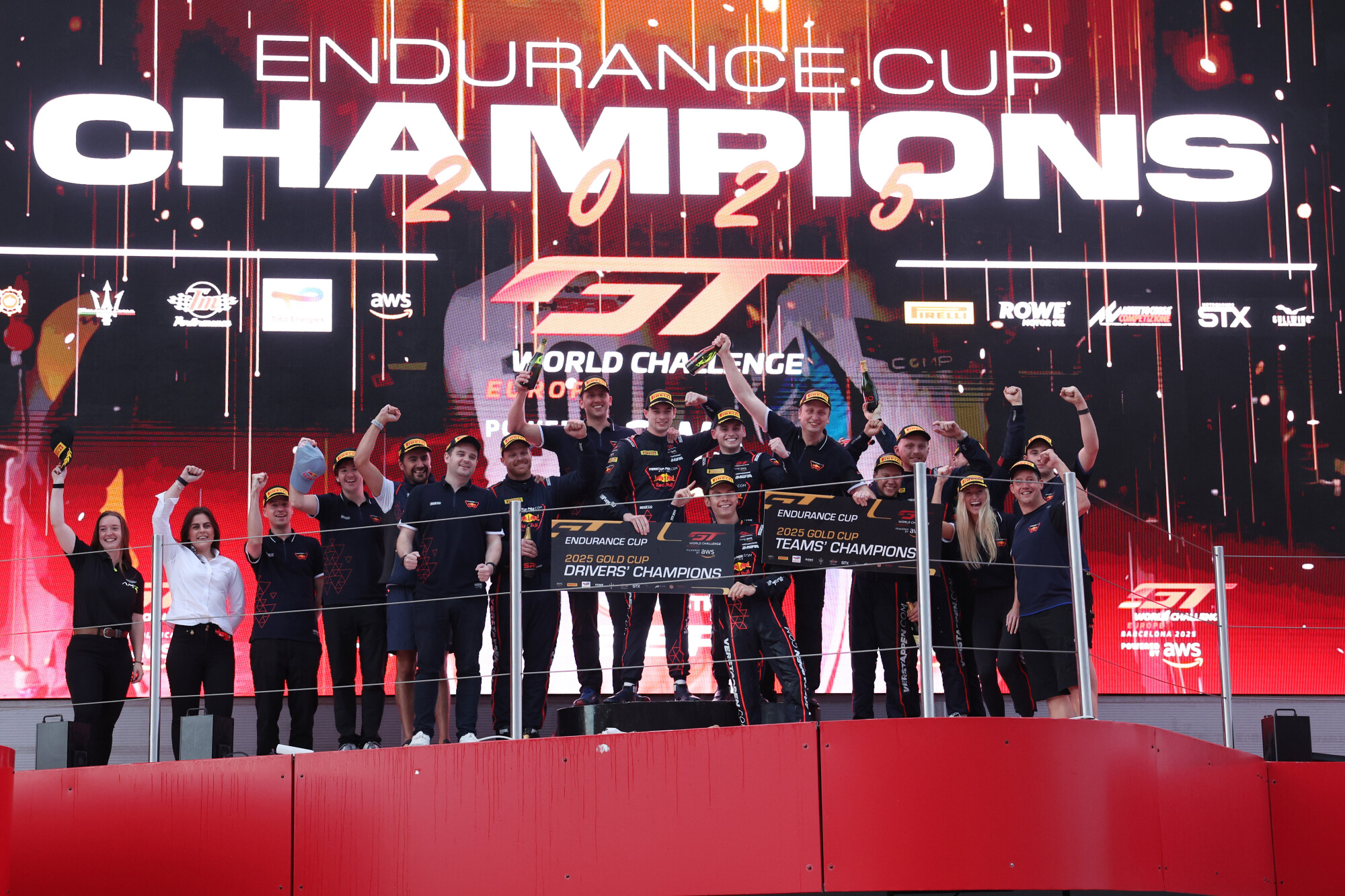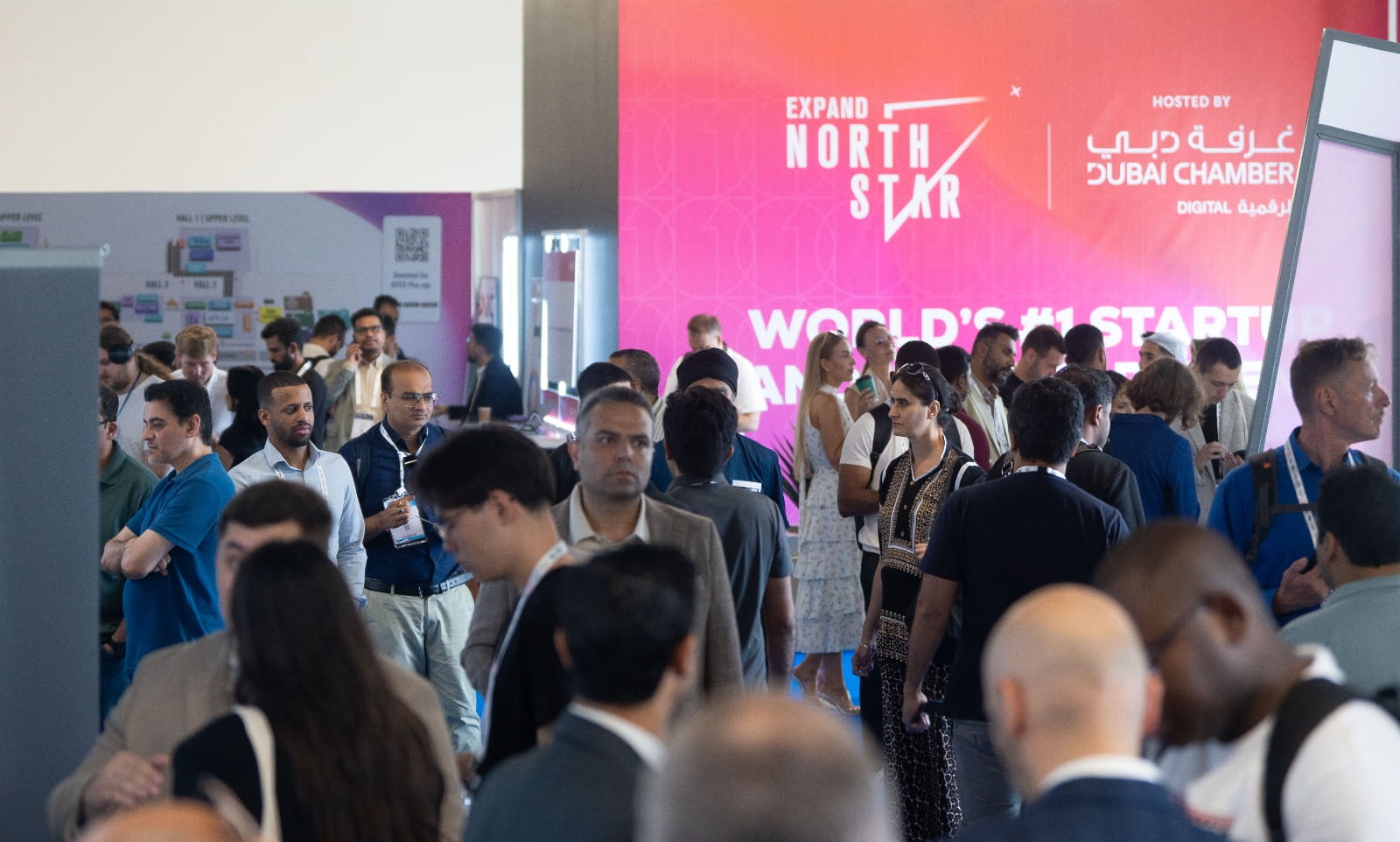Every US$1 billion invested in renewable energy projected to generate US$1.41 billion in economic returns
(Jakarta) October 14, 2025 – Investing in clean energy and energy efficiency can power Indonesia’s twin goals: sustaining 8% annual GDP growth through 2029 and reaching net-zero emissions by 2060, finds a new study by WRI Indonesia.
Using an adaptation of the Indonesia Vision to 2045 (IV2045) model — an analytical tool that helps decision-makers see the economic, social and environmental impacts of policy choices — WRI researchers simulated what would happen if the country implemented the clean energy and energy efficiency measures laid out in Indonesia’s Comprehensive Investment and Policy Plan 2023 (CIPP).
The plan serves as Indonesia’s roadmap for transitioning away from coal under the Just Energy Transition Partnership (JETP), an agreement between Indonesia and international partners to support the country in making a fair and inclusive clean-energy shift. As Southeast Asia’s largest economy and one of the few developing countries in the G20, Indonesia’s energy transition carries both regional and global significance, as it can serve as a model for other emerging economies.
The study’s “JETP scenario” projects that new clean and efficient energy investments would drive 8% GDP growth while also reducing emissions. Power sector emissions are projected to peak at 324 million tonnes of carbon dioxide equivalent (MtCO₂e) in 2034 and then drop sharply to 13.2 MtCO₂e by 2050 — nearly six times lower than what emissions would be under a business-as-usual scenario — a reduction of more than 90%.
Crucially, the benefits go well beyond curbing emissions. The study also finds that:
- Every US$1 billion invested in renewable energy is projected to generate US$1.41 billion in economic returns, creating new value chains in clean energy installation, operation and maintenance.
- More than 2.8 million jobs could be created in renewable energy construction and power generation.
- Oil imports could fall by 1.23 million barrels per day, bolstering Indonesia’s energy independence and resilience to global fuel price shocks.
- Renewable energy deployment would also bring major public health benefits. It would significantly cut dangerous air pollution, lower healthcare costs and boost worker productivity. WRI’s modeling shows that meeting Indonesia’s clean energy goals could save up to 62,000 lives per year compared with a business-as-usual pathway.
“The study gives policymakers a strong case to act now on Indonesia’s just energy transition,” said Egi Suarga, Senior Manager for Climate, WRI Indonesia. “It shows that clean energy doesn’t impede prosperity — it drives it. Especially for emerging economies like Indonesia, it can create jobs, improve public health, reduce import dependence and build a more sustainable economy that works for everyone.”
To realize this potential, the study calls for rapid scaling of clean energy and energy efficiency, supported by ambitious policies, strategic partnerships and sustained investment. Priority actions include expanding renewable capacity to meet clean power targets, phasing out fossil fuel dependence, reforming subsidies, enforcing efficiency standards, and modernizing the grid to handle variable renewable generation.
The study also emphasizes the need for innovative financing — such as blended finance, green bonds and public–private partnerships — to attract large-scale private investment beyond the US$20 billion already pledged under the JETP. Ensuring a just transition through reskilling programs and social protections will be vital to support communities and workers as the country shifts away from fossil fuels.
These priorities should also be reflected in Indonesia’s upcoming update to its Nationally Determined Contribution (NDC), the country’s national climate commitment under the Paris Agreement.
The report underscores that Indonesia’s success in scaling renewables and phasing down coal could serve as a model for other emerging economies across Asia and beyond — showing that, with the right strategies and partnerships, rapid economic growth and decarbonization can advance together.
The full study and supporting data are available here.
Notes to Editors
- The Comprehensive Investment and Policy Plan (CIPP) is Indonesia’s strategic blueprint for mobilizing finance and policies to shift its power sector decarbonization and energy transformation.
- The Just Energy Transition Partnership (JETP), launched at the 2022 G20 Bali Summit, is an international agreement between Indonesia and international partners to mobilize US$20 billion to support a fair and inclusive transition to a low-carbon economy, ensuring that the risks and opportunities are equitably distributed.
- The Indonesia Vision to 2045 (IV2045) Model, developed under the country’s Low Carbon Development Initiative, simulates high economic growth pathways either under existing energy systems or more efficient, low-carbon ones. The IV2045 model captures dynamic feedback loops between economic, environmental and social variables, helping decision-makers see both the full consequences of delaying clean energy investment and the long-term benefits of getting it right early.
About World Resources Institute
WRI is a trusted partner for change. Using research-based approaches, we work globally and in focus countries to meet people’s essential needs; to protect and restore nature; and to stabilize the climate and build resilient communities. We aim to fundamentally transform the way the world produces and uses food and energy and designs its cities to create a better future for all. Founded in 1982, WRI has nearly 2,000 staff around the world, with country offices in Brazil, China, Colombia, India, Indonesia, Mexico and the United States and regional offices in Africa and Europe.



